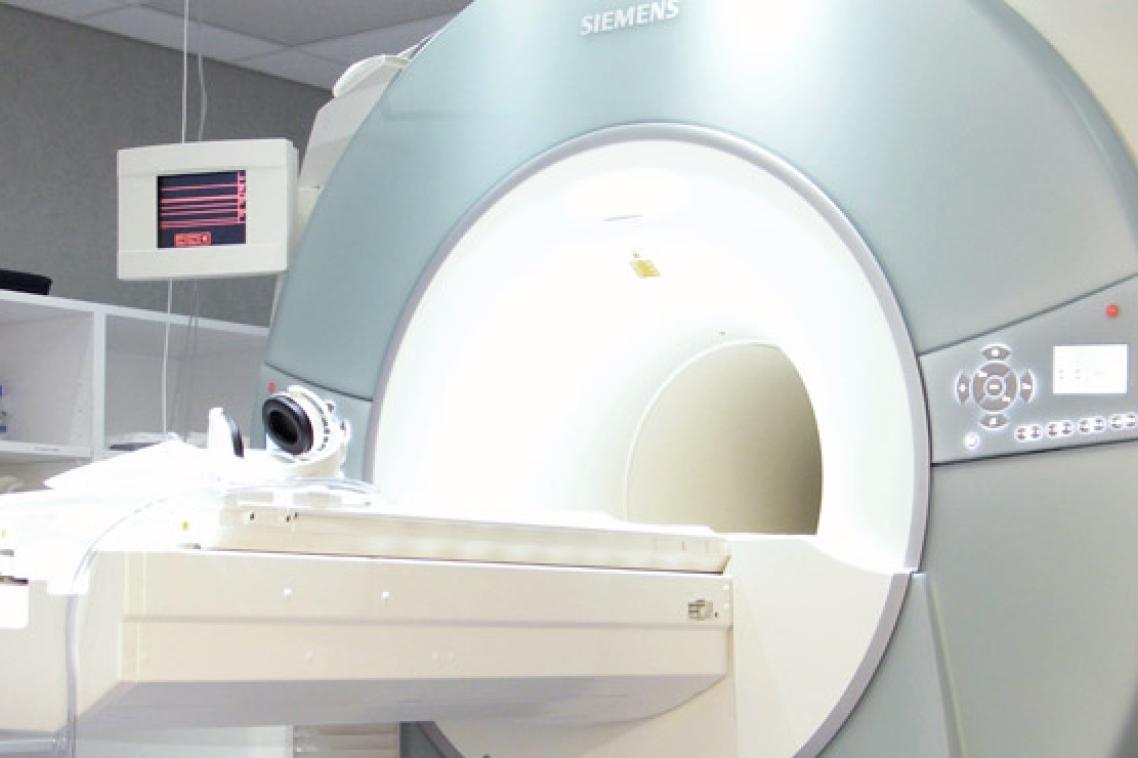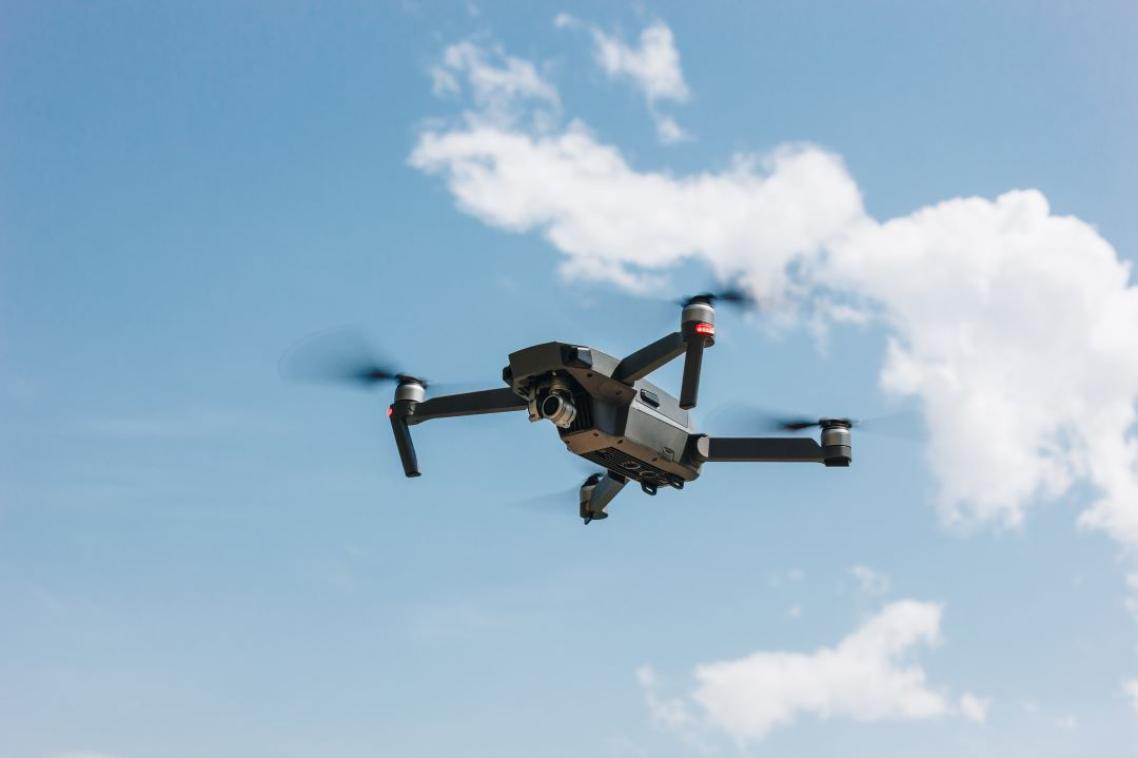Boost for UQ researcher to develop schizophrenia diagnosis technology

A University of Queensland researcher who is developing new imaging technology to diagnose and treat schizophrenia has received a $200,000 project boost.
Professor Stuart Crozier received funding from the Queensland-Chinese Academy of Sciences (Q-CAS) Collaborative Research Fund in partnership with Professor Tianzi Jiang from China’s Institute of Automation on Advancing Ultrahigh-Field MRI Based Neuroimaging.
Professor Crozier, Associate Dean (Research) at UQ’s Faculty of Engineering, Architecture and Information Technology, said the joint project aimed to develop breakthrough neuroimaging technology and techniques that could lead to a more detailed understanding of the human brain.
“Using ultra-high field magnetic resonance imaging, we hope to identify neuroimaging biomarkers of schizophrenia that will aid the prediction, as well as map the progress, of the disease,” he said.
“This could have a significant impact on how the disorder is understood and treated.”
Schizophrenia is a major mental illness that affects 150,000 to 200,000 Australians.
Currently there are no tests available to diagnose it.
UQ has been a major innovator in the magnetic resonance imaging field, with approximately two thirds of the world’s clinical systems using Professor Crozier’s patented technology.
The Q-CAS fund provides individual grants up to $250,000 over three years to assist Queensland and Chinese researchers and companies to jointly undertake highly innovative research and development projects.
A statement from Queensland’s Minister for Innovation, Science and the Digital Economy and Minister for Small Business Leanne Enoch is available here.
Media: Professor Stuart Crozier, s.crozier@uq.edu.au, (07) 3365 7098; UQ Communications, Casey Fung, c.fung@uq.edu.au, (07) 3365 8525.
Related articles

Should you consent to your doctor using an AI scribe? Here’s what you should know.

How a drone delivering medicine might just save your life
Media contact
UQ Communications
communications@uq.edu.au
+61 429 056 139
